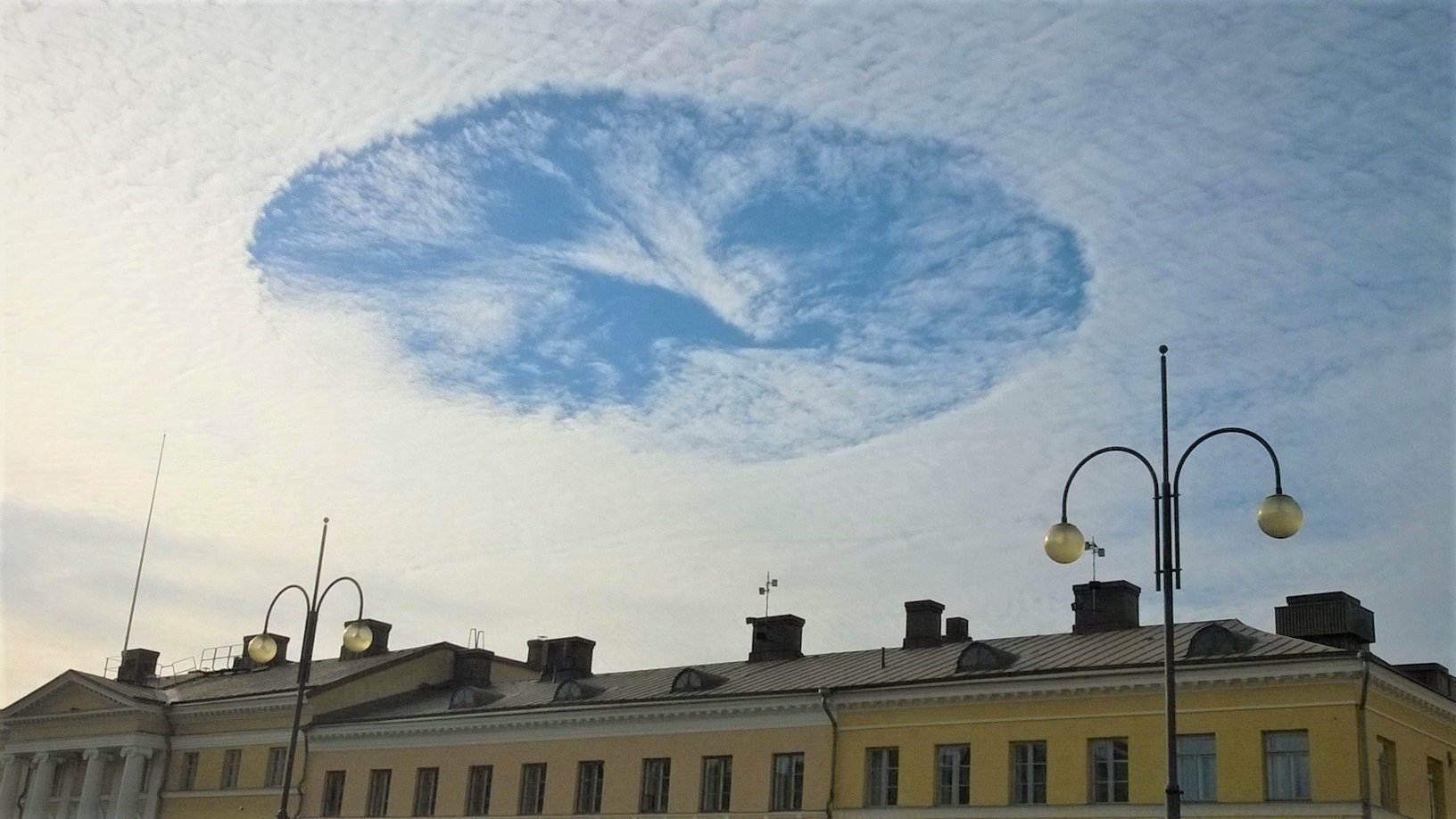With the WorldCon 75 finished yesterday, it seems appropriate to write a post about Science Fiction. I've been thinking about the role of Science Fiction as coming up with ideas, scenarios and effects of networking technology. What are your favourite SF predictions about it?
There's obviously a ton of Science Fiction that has touched on this topic, sometimes with chillingly predictive visions. George Orwell's 1984, for instance, looked at how a totalitarian society might use pervasive surveillance. In the novel, two-way "telescreens" and microphones made surveillance possible. While today's world is fortunately not the dystopian totalitarity depicted in the novel, the predictions about surveillance capabilities were far ahead of their time, and proved quite accurate. If anything, Orwell may have been too optimistic, given how much of our lives and even the operation of our possessions relies on information technology, and the eagerness of some parties to tap onto those information flows. More work for us engineers to keep securing our communications better, I guess! See RFC 1984 for why cryptography is important for the Internet. What an apt specification number!
Then there was Fahrenheit 451 by Ray Bradbury. While this book isn't about technology but rather about books, pressures to prevent access to information are prevalent in the Internet today in some places. Interestingly, the HTTP error code to signify access blocked by authorities is 451, as specified in RFC 7725.
There are also plenty of more specific examples, like Arthur C. Clarke's prediction of communications satellites in Wireless World, the translation devices in Douglas Adams' Hitchker's Guide to Galaxy, Star Trek's communicators, John Brunner's Shockwave Rider which coined the term "computer worm", Neal Stephenson's predictions about use of cryptocurrencies in his novel Cryptonomicon, and so on. Fundamentals of communication have also played a role in many books, e.g., speed of light shaped the outcomes in Liu Cixin's Remembrance of Earth's Past trilogy, by limiting the usefulness of communication to far away places.
And then there's cyberpunk. When William Gibson's Neuromancer came out, I remember sinking deep into his odd world that has become more true on every passing year. True visions of the future of the Internet, virtual reality, hackers, organisations fighting in the network... I should also mention Vernor Vinge, Philip K. Dick, Bruce Sterling, Pat Cadigan, and many others. And of course, as The Matrix showed later, the inhabitants of virtual world's don't always recognise that they are in a virtual world. Not that we can definitely say we aren't in a computer simulation either.
While not strictly speaking about communications, technological singularity in the form rapidly improving artificial intelligence has been the topic or background in a lot of SF works. The perhaps best example of this is in Vernor Vinge's The Coming Technological Singularity. The opening statement of his paper is "Within thirty years, we will have the technological means to create superhuman intelligence. Shortly after, the human era will be ended." That was written in 1993, so there six years left from his prediction. I think we should use those years wisely.
At the WorldCon I had a chance to meet Charles Stross. I've been reading his book Singularity Sky this week. This is an interesting and action packed story where among other things, IETF has taken over the UN in distant future :-) Reportedly, when Charles was asked about this, he had responded that he wouldn't be surprised if it happened, as running the planet being a thankless infrastructure maintenance task, after all.
But, everything above is well known. What else is there? Who do you think is the most interesting book or writer today? I have not had a chance to read enough in the recent years. Can you give me some pointers?
I also spent some time searching for a good anthology or listing of network-related science fiction. A bit surprisingly, I didn't find much. This must be my searching, I cannot imagine that such lists wouldn't exist. Anybody care to give pointers?
Jari Arkko
Photo: A hole in the clouds on the day of the WorldCon opening, conveniently in the form of a flying saucer. Credits: Helsingin Kaupungin viestintä. The original photo appeared in their tweet.








